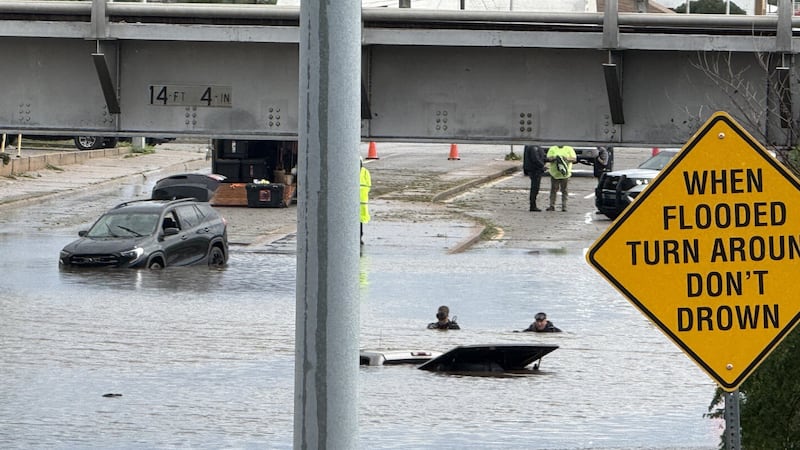What to Do When a Flash Flood Warning Is Issued: Safety Tips and Local Updates

Flash flooding can strike quickly, posing major risks to both life and property. When the National Weather Service issues a flash flood warning, it’s essential to know what steps to take and how to stay informed. This guide explains what a flash flood warning means, recent severe weather in Oklahoma, and key safety tips to keep you and your loved ones protected.
What Is a Flash Flood Warning?
A flash flood warning is an urgent alert. It means flooding is happening or will begin soon. These warnings are more serious than watches, signaling immediate risk to people, homes, and roads. If you receive a flash flood warning, act quickly: move to higher ground and avoid low-lying areas.
Recent Flash Flood Warnings and Local Impacts
On Tuesday, storms swept through Oklahoma, prompting multiple flash flood warnings across the state. The KOCO 5 First Alert Team reported that streets in cities like Purcell and Moore went underwater, with highways closed due to high water. Drivers were urged to avoid standing water, as even shallow flooding is extremely dangerous. Heavy rain continued overnight, with meteorologists warning that more flash flooding and severe weather could be on the way.
Some areas, such as Payne County and Stillwater, have faced an enhanced flood risk. The National Weather Service warned that excessive runoff can cause rivers and streams to overflow, threatening both rural and urban areas. A state of emergency was declared due to persistent heavy rain, with local rainfall totals already exceeding several inches in many regions.
The Dangers of Flash Flooding
Flash floods are unpredictable and powerful. They can wash away vehicles, damage homes, and lead to tragic accidents. Over the past weekend, Lawton experienced a heartbreaking incident where a vehicle was swept into high water. First responders could not reach the car in time, highlighting just how dangerous flash flooding can be, even for trained teams.
Flash Flood Safety Tips
- Never drive into flooded roads. Just six inches of moving water can stall a car, and a foot can carry it away.
- Move to higher ground immediately if you’re in a warning zone or see rising water.
- Monitor weather alerts on your phone or a NOAA weather radio for real-time updates on warnings in your area.
- Avoid walking or wading through floodwaters. Hidden currents and debris can pose hidden dangers.
- Prepare in advance by identifying escape routes and having an emergency kit ready.
For more details on active weather alerts and preparedness tips, regularly visit your local news sources, like KOCO's weather coverage or Stillwater NewsPress.
Stay Informed and Stay Safe
Flash flood warnings are life-saving alerts. Staying aware of changing conditions, heeding warnings, and taking action without delay can protect you and your family. Make it a habit to follow trusted local media and official weather channels for updates, especially during storm season. Your safety is worth the preparation.